 Last month, you read about calls for the Chancellor to reform Stamp Duty and Council Tax. With the Stamp Duty holiday set to end on 30 June, and Council Tax rises to come into force in April, some experts are suggesting that Rishi Sunak should consider abolishing both taxes as part of a wider package of reforms.
Last month, you read about calls for the Chancellor to reform Stamp Duty and Council Tax. With the Stamp Duty holiday set to end on 30 June, and Council Tax rises to come into force in April, some experts are suggesting that Rishi Sunak should consider abolishing both taxes as part of a wider package of reforms.
Tom Clougherty of the Centre for Policy Studies says: “The best thing to do with a tax as economically damaging and socially destructive as Stamp Duty is simply to abolish it – ideally alongside a long-overdue reform of Council Tax.”
So, what could a new property tax look like?
First-time buyers need bigger deposits and will potentially pay bigger tax bills
While taxes on transactions have been around for centuries, the current Stamp Duty Land Tax has existed in its current form since 2003, with some changes back in 2010.
While the Chancellor might have extended the Stamp Duty holiday to the end of June 2021, and reduced the amount of Stamp Duty payable until the end of September 2021, momentum is also growing among many campaigners for a more radical and “fairer” approach to property taxes.
Rising property prices are making it harder for first-time buyers to get onto the property ladder. Research published in the Guardian has revealed that the average first-time buyer deposit in the UK in 2020 was £57,000, up from £46,000 the year before. The figure for London was an eye-watering £130,000.
Of course, as Stamp Duty is based on the value of a property, rising prices also mean bigger tax bills for buyers – the present holiday notwithstanding.
While first-time buyers don’t pay any Stamp Duty on purchases up to £300,000, the average UK house price hit a record £269,150 in 2020, so more and more transactions will be above this threshold.
Could a “proportional property tax” be the answer?
So, is it time to reform property taxes?
In a new policy paper published in February 2021, a former economic adviser to Boris Johnson argued that Stamp Duty on housing transactions “is a bad tax” and should be abolished.
Writing for the centre-right think tank Policy Exchange, the economist Gerard Lyons argued that temporary freezes in Stamp Duty are not a solution as they trigger a spike in demand as people try to buy before the tax is raised again. This results in even higher prices, taking home ownership out of the reach of many first-time buyers.
“Ideally Stamp Duty should be abolished, but as a first step it should [be] cut to zero permanently on lower-valued properties and reduced on higher-valued properties,” he said.
Other campaigners agree. Community interest company, Fairer Share, and Generation Rent, which represents private renters, have called on the government to get rid of Stamp Duty, Council Tax and the “bedroom tax” and replace them with a flat-rate payment based on a property’s value. More than 109,000 people have signed a petition calling for these reforms.
This new “Proportional Property Tax” would be paid only by owners, not tenants.
Dan Wilson Craw, deputy director of Generation Rent, says: “While the Stamp Duty holiday has made it easier to buy and sell homes, it has driven up house prices making winners of home-owners at the expense of renters.
“This should make the government think harder about a fairer way of taxing property. Stamp Duty should be rolled into Council Tax, to make an annual payment that is proportionate to the value of what people own. That would mean removing a major barrier to people moving home, while making sure wealthy property owners pay a fair share.”
Such a tax would see owners face an annual charge of 0.48% of the value of a property. AS an example, owners of a £400,000 home would pay £1,920 each year.
| Value of property | Annual Proportional Property Tax paid on main home under Fairer Share proposals |
| £200,000 | £960 |
| £400,000 | £1,920 |
| £600,000 | £2,880 |
| £800,000 | £3,840 |
| £1 million | £4,800 |
The rate of tax – 0.48% – was chosen as it would raise the same amount of revenue as the current system of taxes, but Fairer Share say that this represents a tax cut for 18 million households.
Just as with the current Stamp Duty surcharge for second homes, the Fairer Share proposals would see second and foreign homes pay a higher rate of 0.96%. In addition, Stamp Duty would remain in place for buyers of these properties.
Get in touch
If you’re looking for advice on your next property purchase, we can help you to find the finance you need. If you’d like advice, please get in touch. Email [email protected] or call us on +44 (0) 20 3786 7270.




